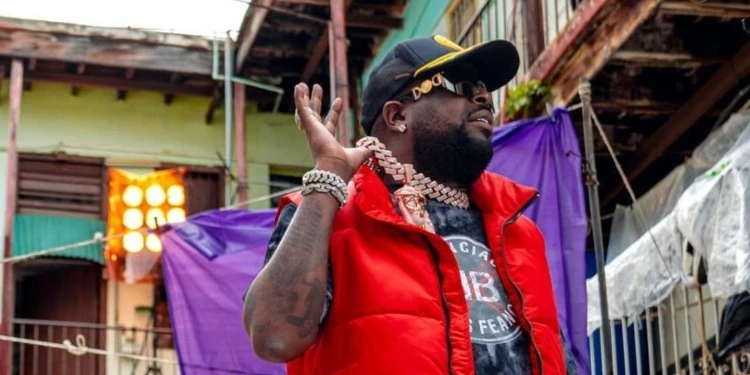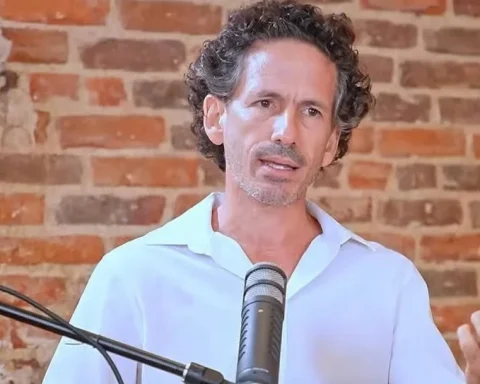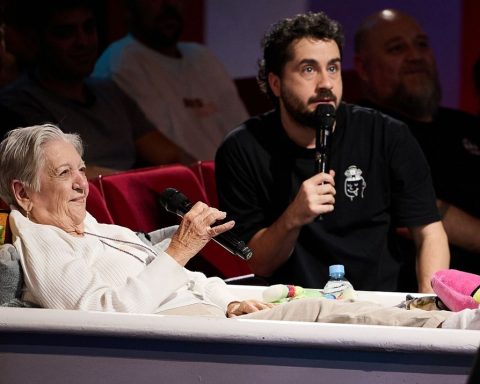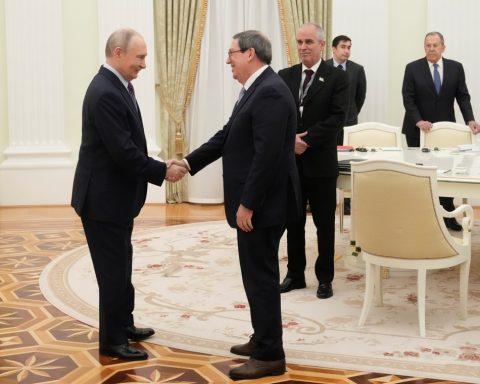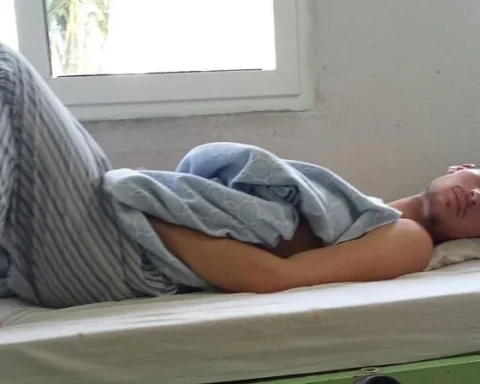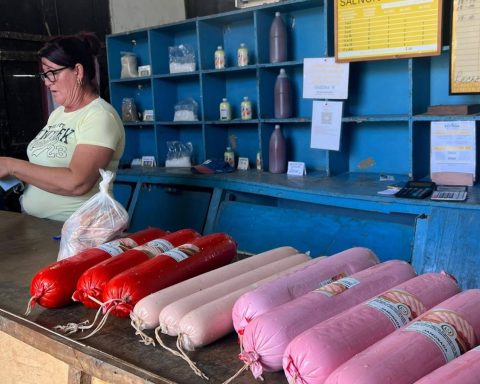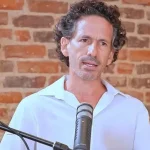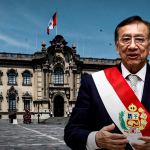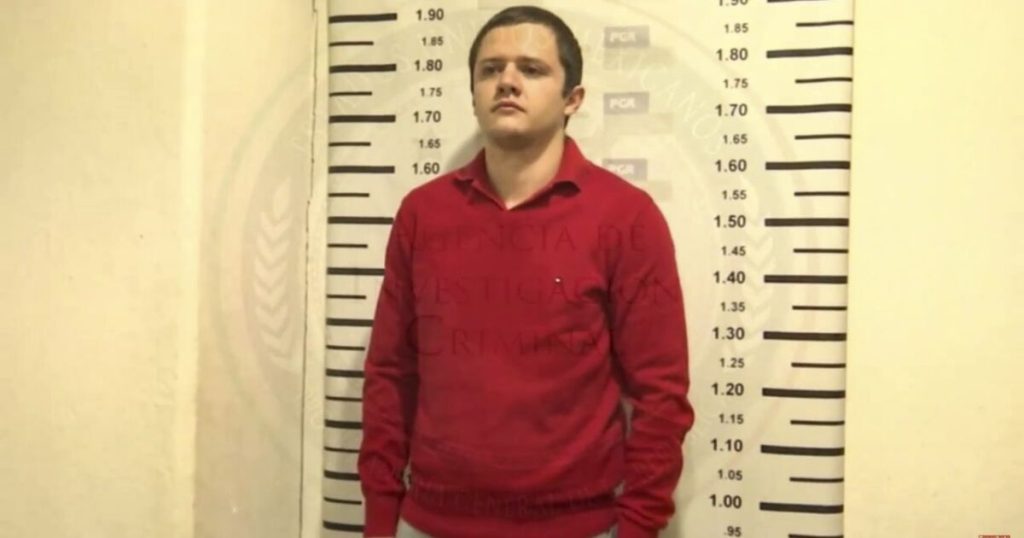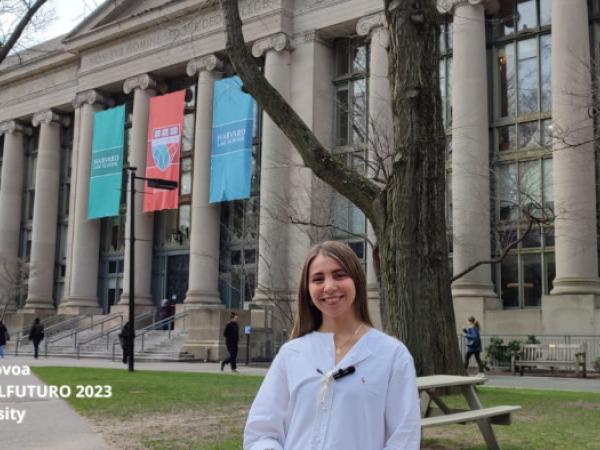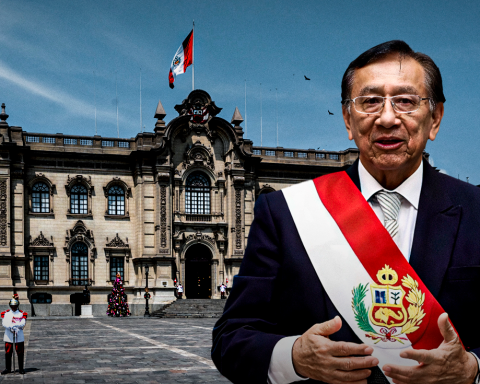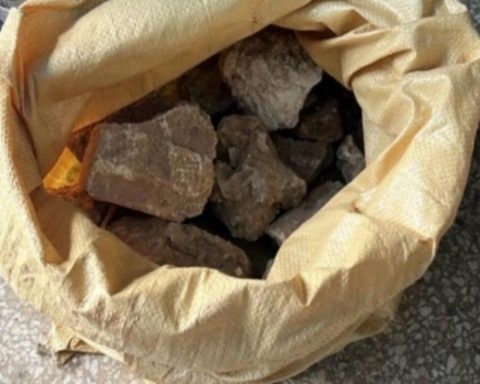HAVANA, Cuba.- I am not interested in their music, even though I regularly listen to the music of other so-called artists. “urban genres”some of whom I personally appreciate, but unfortunately El Micha’s has never caught my attention. He doesn’t interest me, not even when I had him as a neighbor in Reparto Eléctrico and I saw him making his first amateur videos almost on the ground floor of the building where I lived at that time.
Like him, I saw and attended “live and direct” the beginnings of the careers of other reggaeton singers and “reparteros”, among which few succeeded browse Fortunately, in an industry that does not distinguish between talents or mediocrity, or between vocations and “levers” and that works like a meat-grinding machine (and produces money).
Most of them did not even manage to hit a first number, and beyond the scarcity of producers and talent scouts, their activities declared as illegal (since the production and commercialization of music, by law, can only be practiced by state companies), despite their great popularity (and precisely because of it), urban music (as well as any other spontaneous artistic expression, or any non-artistic but independent expression) has never been viewed favorably by the Cuban regime, and there are no institutional spaces for its true promotion and development, much less for its dissemination.
The “marginal”
And although some “cyber fighters” could, in order to deny the above, use one or two spaces, some public concerts (because let’s not talk about those that charge in dollars there in Varadero or Cayo Santa María) that have been able to escape the strict censorship, in reality they are the typical “spaces of control” or “spaces of containment” manipulated by the Ministry of Culture, by the Union of Young Communists or even by the Ministry of the Interior, with the sole intention of monitoring those boys and girls who, for “marginal”, they move in that very confusing border (for communists) that separates musical dissent from political dissent.
Because, for the regime, every “marginal element” (to the system) is a potential enemy, since irreverence (and the urban genre always carries it at its core) is irreconcilable with totalitarianism. Therefore, as we say here, it is chew but he doesn’t swallow it.
Thus, unlike other areas of popular music on the Island, the urban genre and its artists know of censorship and marginalization from the exact moment they decide to embark on a career, and one could even say, in terms of marginality, that long before they discover themselves as musicians, since the majority come from the poorest neighborhoods and the most disadvantaged families by a political system that has a well-defined caste system, and for each of them reserves a type of control of greater or lesser severity, and a greater or lesser type of accessibility not only the media, but also education and health. And if we have doubts about this, let us remember which schools each of us attended, which neighborhood we grew up in, or which hospitals we went to, which ones we are not allowed to enter.
A politicized system
The Micha, like almost all the musicians of the urban genre, like all the “reparteros”, knows well how this highly politicized system works and how much effort he has had to put in to outwit himnot to stop being an “excluded” person (that will never happen) but to become a “tolerated” marginal, which does not exempt him from continuing to belong to that mass under control (from which he will never be able to escape even by emigrating) since, as I pointed out before, the marginal, because of its irreverence, will always be under suspicion in a totalitarian system, even more so if there is no political pact —conscious or unconscious— with that power for which there can be no “non-political” way of relating to it.
A power that, in order to “spare our lives”, to tolerate us, does not expect from us the “excluded” and “marginal” an act of loyalty or even an “ideological” commitment, but only our silence absolute and obedient, our refusal to “talk politics” since that is a right that the regime reserves exclusively for itself, and it is the tiresome chatter that it practices at all hours with all of us, in a soliloquy so tiresome, sickly, that we already take it for “normal”, as “natural”, just like that noise that we only manage to notice when it stops and gives way to the peace that we had already forgotten.
Only because of that weariness of understanding, because of that lethargy of which many are not aware, can one say that in Cuba there is no talk about politicsand to a large extent they do not lie, since only those who are allowed to speak out loud about politics (their politics), while those who are “without rights” remain silent, whisper, cry, kick, endure or, like El Micha, pretend to sing; and they also believe that they are good at what they do and that only for that reason have they stopped being excluded. Terrible confusion.
“Mental lapse”
That “revolutionary” soliloquy, which has been hammering in our heads for more than six decades, making us replace spontaneous phrases with slogans, good manners with rudeness, generosity with violence, is made up of what, by dint of “stains on the record” they instilled in us as “pioneers” and not as students; by what we read on the mural of the CDR or the one of the Union, and by what we heard on the news. By the punishments we received when we were absent from the march of the “combatant people” and from the “voluntary work” that we knew mandatory; for the endorsement that the Party guy denied us because we did not want to throw eggs at our “worm” friend or neighbor.
But “knowing” this sad, highly politicized reality does not necessarily mean understanding it thoroughly, nor recognizing the true place we occupy in it, which almost never coincides with the place where we imagine ourselves to be, or where we are led to believe we are only because, with money and some fame, we look quite like that elite. communist that even though he lives in Havana, it seems that he lives in the best area of Miami.
Perhaps because he was confused about where he was – since traveling from one place to another too often can play tricks on us – poor Micha started saying that nonsense that in Cuba there is less talk about politics than in Miami, so just because of that “mental lapse” we shouldn’t pay much attention to him.
When you discover one day what your place is, and what it has always been, then perhaps, just as you have decided not to “talk politics,” you will also decide to stop “singing.” Many of us will be doubly grateful.
